This question is regarding the localization from inside the app.
There are several blogs/tutorials that really helps and show the way to do it. The ones which i referred to implement it are as below:
http://learning-ios.blogspot.in/2011/04/advance-localization-in-ios-apps.html
I am able to achieve it (with the help of such blogs.. thanks to them).
But i was trying one thing and i had a little doubt regarding the same as below
I am trying to create a same macro as the NSLocalizedString [i.e. NSString *NSLocalizedString(String *key, String *value)]
but with a different macro name something like [NSString *getLocalizedString(String *key, String *value)] in my class and try to just replace NSLocalizedString method with my own macro using the same.
But a serious doubt/concern that i have is, is this technique/way approved by APPLE?
i mean.. can/will this violate the apple terms of non usage of Private API or kind of overriding the same??
Coz i have tried check the same in various blogs.. but was not able to find any specific answer to the same.
Can you please confirm if this can violate the T&C of APPLE or can i go ahead with the custom macro approach?
If possible can u also provide the link/blog/tutorial from which i can understand it better?
Thanks a lot in advance.
